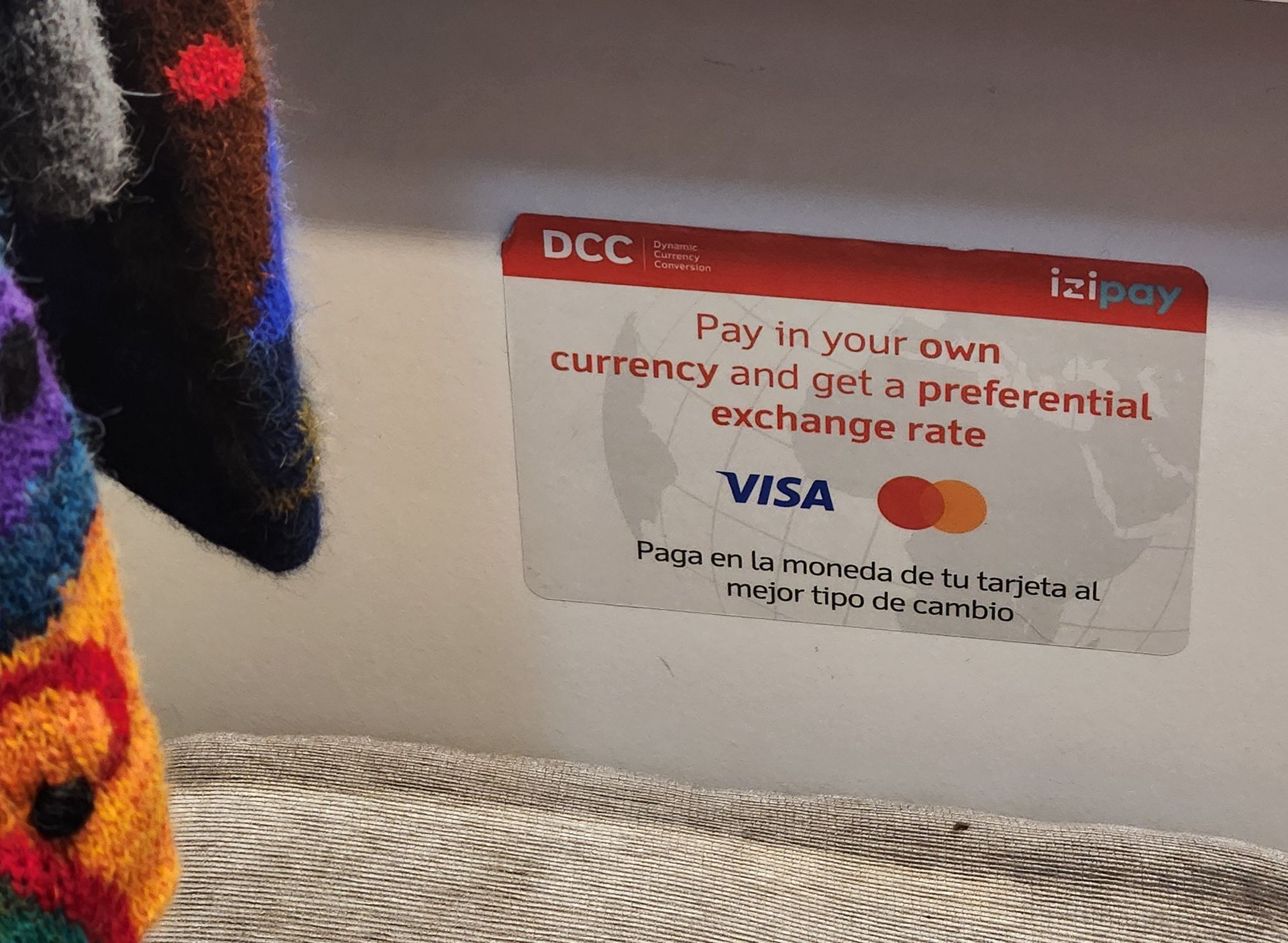Points and Miles and 1099 Forms: What is Taxable?
Do you remember that referral bonus you received last year?
The end of January is the time when businesses need to file 1099 forms and when some of us start receiving these forms in the mail. In some cases, credit card issuers who offer travel rewards will send 1099 forms to customers who have picked up miles and points outside of the miles and points they receive for their spending or for sign-up bonuses.
The miles and points you get for your credit card spending and even the credit card sign-up bonuses, while valuable, are not taxable income. Because you must spend money to get these rewards, they are considered to be rebates. A good analogy is a coupon you might use at the grocery store. You do not pay tax on the value of the coupon because the coupon only has value to you if you use it to get a discount.
The 1099s issued by credit card companies are often for referral bonuses. You earn these bonuses by referring friends and the points and miles you get are a sort of “finder’s fee” for helping the card issuer sign up a new customer. Because this is something of value you receive for your services, it is treated as income and is taxable. It is also possible that cardholders receive 1099s for a year when they were offered retention bonuses. Like the referral bonus, the retention bonus is a gift from the card issuer for your agreement to stick around for another year. If not linked to actual spending, it is income rather than a rebate and is also taxable.
Your feelings about having the value of some points and miles added to your taxable income might be related to the value you expect to get from them. From what I understand, issuers tend to make conservative (i.e., low) estimates of the value of their miles and points. If you are using the miles or points, and getting at least their estimated value, you are coming out ahead. If the issuer reports to the IRS that your points are worth one cent each and the actual value that you are getting is one-half that, the hassle and taxes are probably not worth it.
Of course, you will not know the putative value card issuers place on their points and miles if you do not get the 1099 in the first place. My understanding is that businesses are required to file 1099s only for payees receiving at least $600 during a year (although they might still file for those receiving less than $600). Typically, credit card companies place a cap on the total amount of referral bonuses they can give you each year. Based on my estimates, it would appear the issuers want to keep the total estimated value of the referral bonuses below $600 so they are not obligated to file the 1099s. However, they still may file them and, in recent years, it appears that more cardholders are receiving 1099s for amounts of less than $600.
Regardless of whether you receive a 1099 or not, if you received miles and points as a referral bonus, you owe tax on the value of those awards.
If you get a 1099 for referral and retention bonuses, you can determine if the value you get from the points and miles, once factoring in your tax liability, is worth it or not. Because this “income” is voluntary, if it is not a good deal for you, you can simply stop referring friends.
We are ready to help you turn your routine credit card spending into the travel of your dreams.











